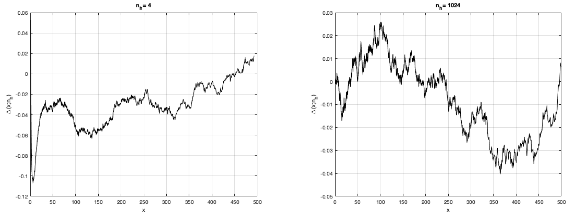Meeting in Mathematical Statistics 2022
Conference
CIRM, Luminy, Marseille
https://conferences.cirm-math.fr/2581.html
Date(s) : 12/12/2022 - 16/12/2022 iCal
0h00
|
Scientific Committee & Organizing Committee
Comité scientifique & Comité d’organisation Cristina Butucea (Université Paris-Est Marne-la-Vallée)
Stanislav Minsker (University of Southern California) Christophe Pouet (École Centrale de Marseille) Vladimir Spokoiny (Humboldt University of Berlin) |
Description
Contemporary machine learning algorithms define the state of the art in diverse areas (computer vision, robotics and speech recognition, to name a few), but in many cases theoretical justification behind the success of these methods is still missing. Mathematical results, in particular statistical and probabilistic properties, are being actively developed, but many challenges still remain. Deep learning and generative models are particular examples of the areas with significant gaps between the engineering success and theoretical understanding. To fill this gap, tools from diverse areas such as nonparametric statistics, approximation theory, empirical process theory and computational efficiency are needed. This conference aims at establishing new fruitful collaborations among the experts in nonparametric statistics and theoretical computer science. Expected outcome of such collaborations are new developments in the theory of machine learning, including the topics such as deep learning, robustness, privacy and estimation under fairness constraints.
Contemporary machine learning algorithms define the state of the art in diverse areas (computer vision, robotics and speech recognition, to name a few), but in many cases theoretical justification behind the success of these methods is still missing. Mathematical results, in particular statistical and probabilistic properties, are being actively developed, but many challenges still remain. Deep learning and generative models are particular examples of the areas with significant gaps between the engineering success and theoretical understanding. To fill this gap, tools from diverse areas such as nonparametric statistics, approximation theory, empirical process theory and computational efficiency are needed. This conference aims at establishing new fruitful collaborations among the experts in nonparametric statistics and theoretical computer science. Expected outcome of such collaborations are new developments in the theory of machine learning, including the topics such as deep learning, robustness, privacy and estimation under fairness constraints.
SPONSORS
Catégories













